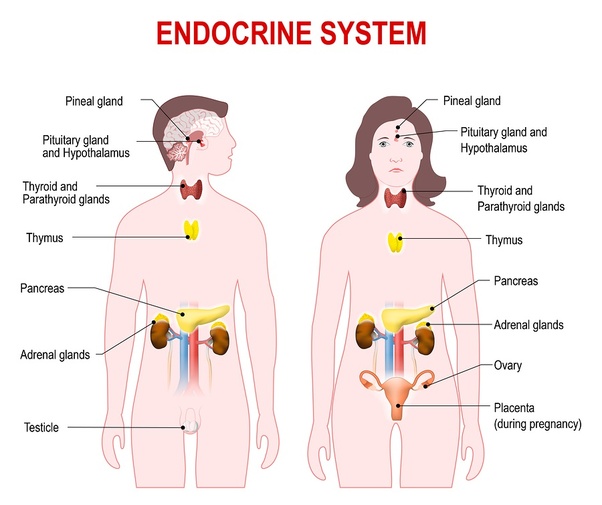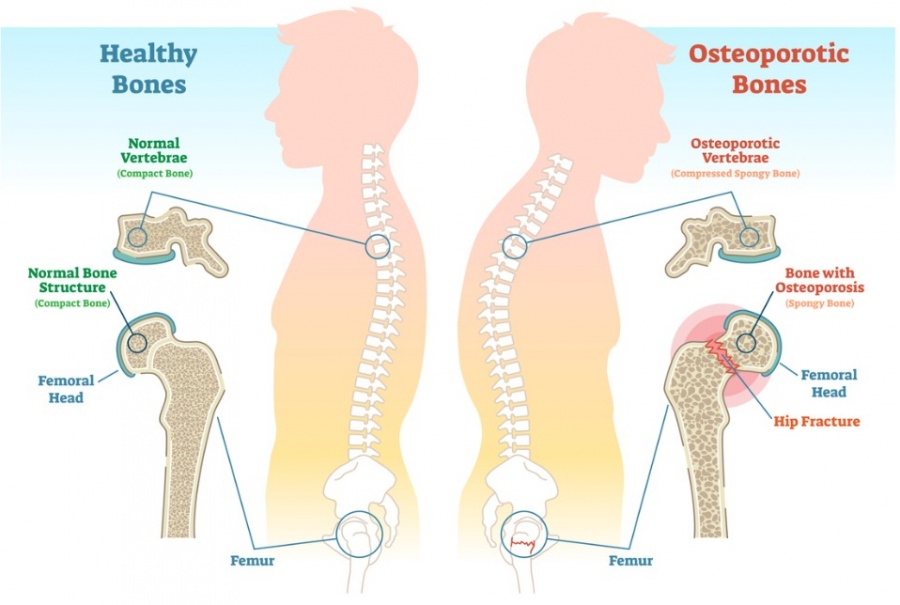Endocrinology is the medical specialty that treats disorders of the endocrine system, including the thyroid and adrenal glands, which help control the body’s metabolic activity. Conditions include diabetes, nutritional and metabolic disorders, and bone disorders such as osteoporosis.

Diabetes
Diabetes is a number of diseases that involve problems with the hormone insulin. Normally, the pancreas (an organ behind the stomach) releases insulin to help your body store and use the sugar and fat from the food you eat. Diabetes can occur when the pancreas produces very little or no insulin, or when the body does not respond appropriately to insulin.
Type 1 Diabetes including Insulin Pump Therapy
Type 1 diabetes tends to occur in childhood or early adult life, and always requires treatment with insulin injections. It is caused by the body’s own immune system destroying the insulin-making cells (beta-cells) of the pancreas.
Type 2 Maintaining weight and tracking blood sugars
Type 2 diabetes usually develops slowly in adulthood. It is progressive and can sometimes be treated with diet and exercise, but more often Type 2 diabetes may require antidiabetic medicine and/or insulin injections.
Fertility
This deals with patients who have difficulty in fertility due to a variety of reasons, such as:
- lack of ovulations
- poor semen quality
- thyroid or hormonal issues
- polycystic ovary disease
The most important thing is that hormones control fertility so it is important that hormones are optimal when you want to conceive.
Thyroid
The thyroid controls metabolism and is critical for the function of all cells and also critical for menstruation and fertility
Hyperthyroid (overactive) – overactive thyroid causing weight loss, palpitations, irritability, irregular periods
Hypothyroid (underactive) – weight gain, low heart rate, irregular periods
Osteoporosis
This is very treatable and very common in patients post menopause or in patients on medication like steroids.

Menopause
Menopause is a total cessation of periods, which occurs between 50-55 usually.
It is very important that women pace at this time, have a good balanced diet and take the necessary supplements.
Talk to your doctor about this as you need more than supplements. See female hormone guide by Cleanmarine available at pharmacies and natural life.
Perimenopause (between ages 45-50)
Peri-menopause is when the first hormone, which controls egg production in the ovaries rises as a result of total reduction of eggs. This can lead to lethargy, muscle pain, irritable bowel, irregular periods, vaginal dryness and insomnia.
Chronic Fatigue
Chronic fatigue syndrome (CFS) is a long-term illness with a wide range of symptoms. The most common symptom is extreme tiredness.
CFS is also known as ME, which stands for myalgic encephalomyelitis. Many people refer to the condition as CFS/ME.
CFS/ME can affect anyone, including children. It’s more common in women, and tends to develop between your mid-20s and mid-40s.
The main symptom of CFS/ME is feeling extremely tired and generally unwell.
In addition, people with CFS/ME may have other symptoms, including: sleep problems, muscle or joint pain, headaches, sore throat, flu like symptoms, feeling dizzy or sick and heart palpitations.
Obesity
Overweight and obesity are defined as abnormal or excessive fat accumulation that presents a risk to health. A crude population measure of obesity is the body mass index (BMI), a person’s weight (in kilograms) divided by the square of his or her height (in metres). A person with a BMI of 30 or more is generally considered obese. A person with a BMI equal to or more than 25 is considered overweight.
Overweight and obesity are major risk factors for a number of chronic diseases, including diabetes, cardiovascular diseases and cancer.
Lipids
Hyperlipidemia is very common. High cholesterol over 5 and LDL (bad fats) over 2.5 causes plaque, heart disease and stroke. Some forms can be treated by diet while other forms need medication for life.
